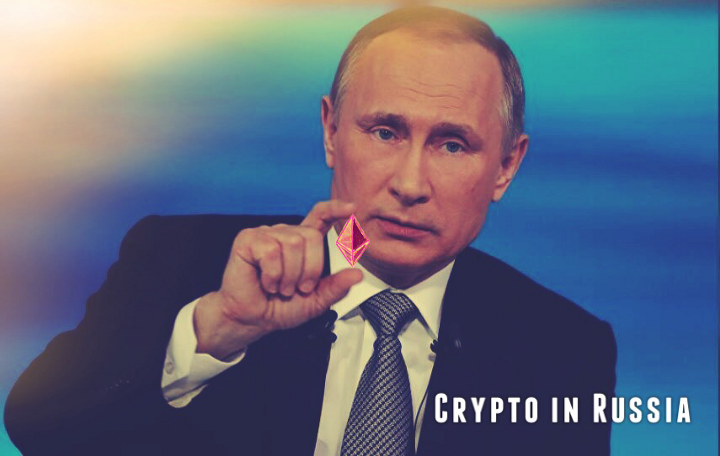
Another draft law was submitted to the State Duma on March 26, 2018, to determine the legal status of the cryptocurrency and the legal owners of tokens under the Civil Code.
The draft law was prepared by the State Duma Speaker Vyacheslav Volodin and the chairman of the Duma Committee on State Construction and Legislation Pavel Krasheninnikov, who both went absolutely different way. They do not propose to take a separate law on cryptocurrency issues.
The co-authors of the draft law believe that crypto currency and tokens should be recognized as property.The property relations in Russia are regulated by civil legislation, therefore, in order to legalize this sphere of public relations, it is necessary to make appropriate amendments to the Civil Code of the Russian Federation.
The 16-page draft law involves the modification of two articles of the Civil Code of the Russian Federation and an addition to the five existing articles, as well as the introduction of two new articles.
I must point out a comprehensive approach to changing law enforcement. The co-authors of the draft law propose not just adding digital assets on the property list. They reviewed all the provisions of the Code, the application of which will be changed in connection with the innovations and suggested changing their wording in order to avoid possible collisions.
What Happens when the Laws are not Interpreted by Professionals
The introduction of the reviewed draft law provoked a violent reaction of the crypto community.
The Telegram channels spread information about the alleged innovations quickly. At the same time, with the filing of some not very legally competent interpreter, even very respected sources with a multi-thousand audience stated that both tokens and crypto-currencies will be assigned to a separate branch of law, called “Digital Law”.
Meanwhile, the original source refers to digital rights. The terms are lexically similar, but not identical.
The term “law” is traditionally used in law and law enforcement in an objective and subjective sense.
We cannot anyhow call tokens “digital law”, since law in the objective sense is a set of rules of conduct that govern certain relations in the society.
But tokens cannot regulate anything. What, for example, regulates STEEM?
The co-authors of the bill suggest that the crypto currency and tokens should be considered digital rights, not digital law. In this case, digital assets are a variety of property rights.
The non-cash funds are another example of type of property rights.The point is that holders of cryptocurrencies and tokens, who have access to a unique digital code, must be recognized as those who have right to own, use and dispose of this property by conducting transactions that are not prohibited by law.
This is really a step forward. This is what further regulation can be based on.
Digital Money and Smart Contracts
The co-authors of the bill suggest legalizing digital assets as legal tender.At the same time, the bill does not set requirements for mandatory reception of crypto currency and tokens in any type of payments.To shock the supermarket seller by offering to pay BTC or GBG will not work.At the same time, the new article 141.2 of the Civil Code, set out in the draft law, assumes the possibility of making payments by cryptocurrency and tokens in cases stipulated by law.I hope you will agree that this is another step forward.The proposed changes to article 160 of the Civil Code actually equate a smart contract to a transaction in writing, which will provide legal protection for these relations.
Short Summary
The proposed changes are only the first step. Further rulemaking will be required.But this is a good step.But even taking into account that the co-authors of the draft law are powerful state officials, I believe that the path from the draft law to the law enacted will not be easy.
The complete text of the draft law can be found: http://sozd.parlament.gov.ru/bill/424632-7
The article was translated from the original in Russian: https://golos.io/ru--pravo/@andrvik/cifrovoe-pravo-i-cifrovye-prava-obzor-zakonoproekta-o-vnesenii-v-grazhdanskii-kodeks-kriptovalyutnykh-izmenenii